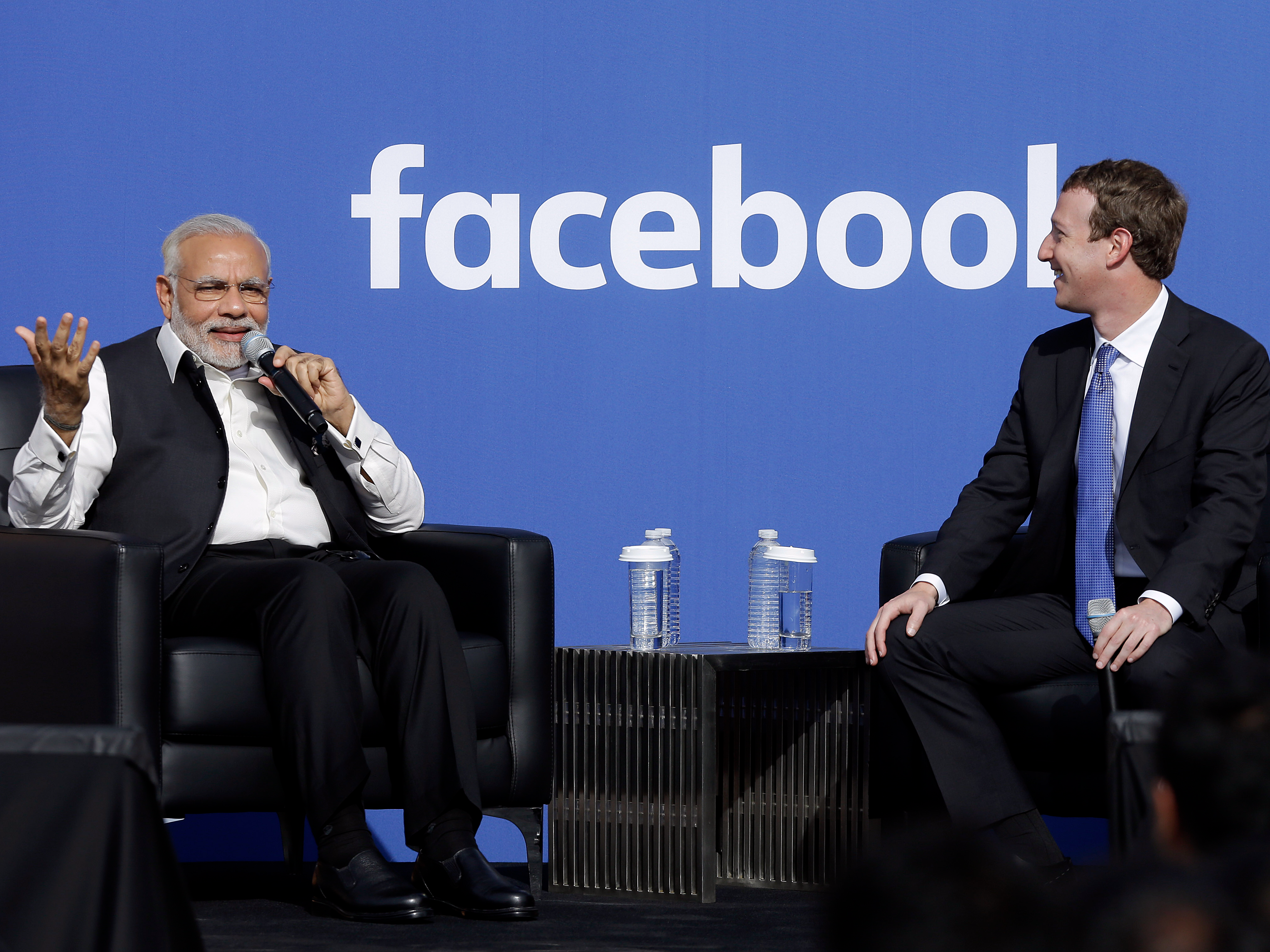- Facebook announced Friday that advertisers running federal election-related ads in the US would be required to verify their identity as well as run disclosures on each ad. The company also said that it would allow people to see the ads a Facebook business page – whether a brand, small business or a person – is currently running. The move comes on the heels of Twitter saying that it would publicly disclose all ads on its platform and the identity of who purchased them earlier this week.
Facebook is implementing stricter checks and balances for political advertisers, announcing Friday that advertisers running federal election-related ads in the US would be required to verify their identity as well as run disclosures on each ad.
The move comes on the heels of Facebook CEO Mark Zuckerberg outlining some initial steps that the company was taking to help protect the integrity of election and Facebook VP of Public Policy Joel Kaplan providing additional details on how Facebook was making advertising more transparent earlier this month.
It also follows Twitter saying that it would publicly disclose all ads on its platform and the identity of who purchased them earlier this week. Both Twitter’s and Facebook’s moves are aimed at curtailing proposed legislation in the US that would force the disclosure of political ads on social networks.
"When it comes to advertising on Facebook, people should be able to tell who the advertiser is and see the ads they're running, especially for political ads," Facebook's vp of ads Rob Goldman said in blog post shared by the company. "That level of transparency is good for democracy and it's good for the electoral process."
Facebook clarified that it was starting with federal elections in the United States, but would likely progress from there to include elections in other countries. As part of the documentation process, Facebook said that advertisers would not only be required to identify that they are running election-related advertising, but also verify both their entity and location.
Once the political advertisers are verified by the company, their election-related ads would include a disclosure reading "Paid for by." And if people click on the disclosure, they will be able to see details on the advertiser. Like other ads on Facebook, they will also be able to see an explanation of why you saw that particular ad.
The company added that it was also building machine learning tools to identify and check political advertisers and entities who do not proactively and willingly disclose themselves, committing itself to "better ensure transparency and accountability in our advertising products." Just this week, Business Insider had reported how Facebook's ad targeting technology can easily be used to stoke divisions all over the world.
Facebook also plans to build an archive of federal-election related ads so that it can track both current and past ads. In addition, people will be able to see the details on the total and average amounts spent, the total number of impressions delivered and the target demographic audience of each federal-election related ad. Every such ad will also be included in a searchable archive covering a rolling four-year period starting from when it launches the archive.
CEO Mark Zuckerburg also shared the update in a Facebook post, saying that the changes would make it easier to see what different groups try to communicate around elections and harder for anyone to break the rules.
Facebook is, in fact, is extending transparency beyond just political ads.
![ViewAds[2]](https://www.businessinsider.nl/wp-content/uploads/2017/10/7d9b0cceca41a5bc96b32aac551906ce7c32f456-800x600.jpg)
It also said that it would allow people to see the ads a Facebook business page - whether a brand, small business or a person - is currently running. The feature will begin testing in Canada next month and rolled out more widely moving forward, ahead of the US midterm elections this November.
Starting next month, people will be able to click "View Ads" on a Page (Say Taco Bell, for instance) and sell all the ads that the brand is running, whether or not they are in the intended target audience for the ad. All pages will be part of this effort, and Facebook will require that all ads be associated with a particular page as part of the ad creation process.
"We know how important it is to our community that we get this feature just right - and so we're first rolling it out in only one country," Goldman said in the blog post. "Testing in one market allows us to learn the various ways an entire population uses the feature at a scale that allows us to learn and iterate."

